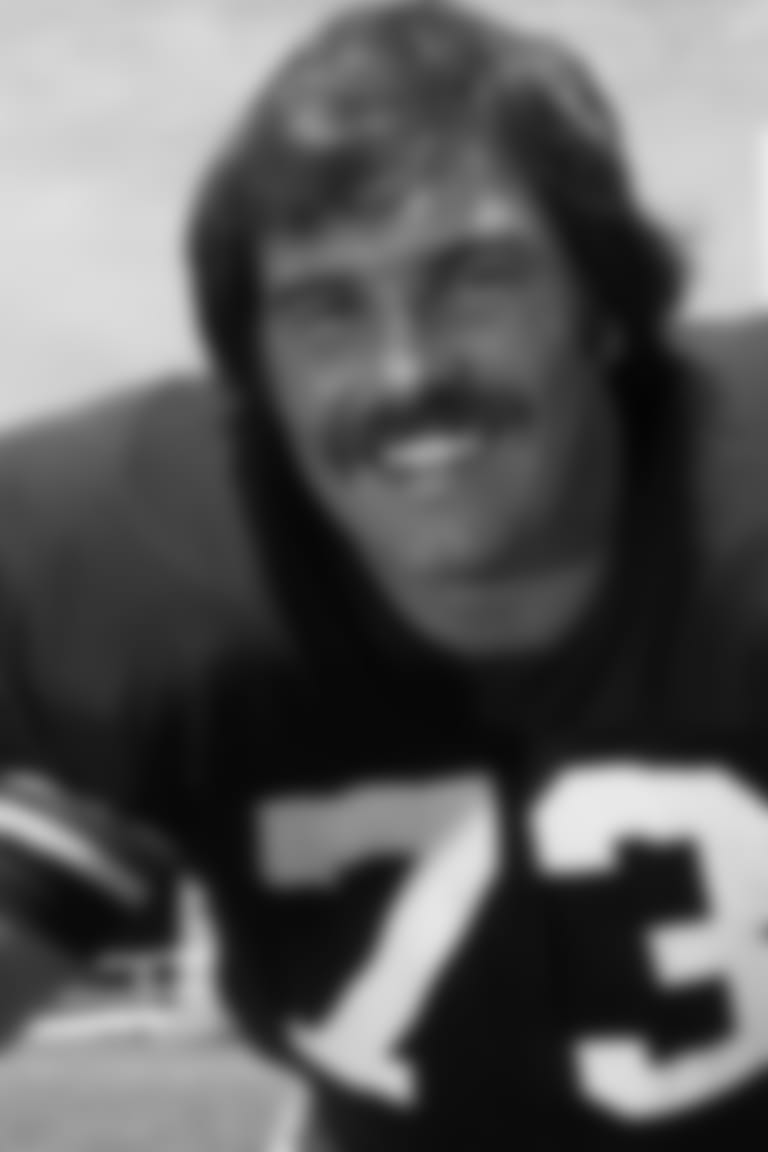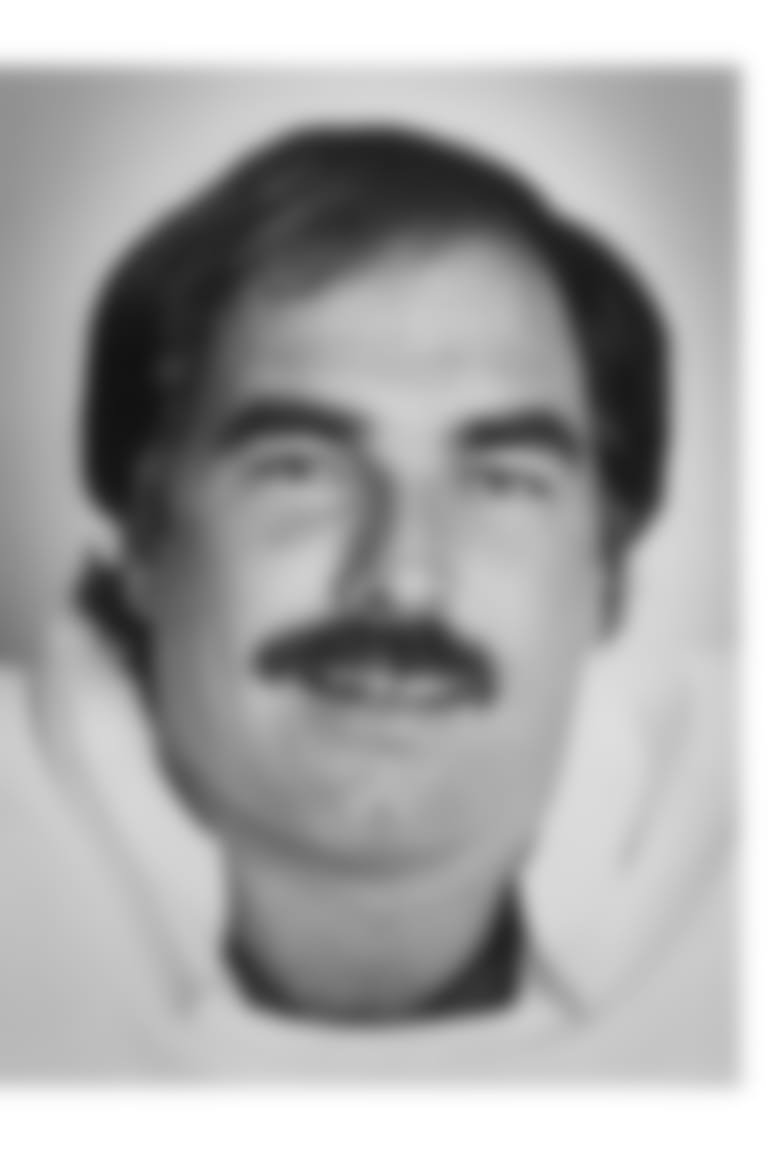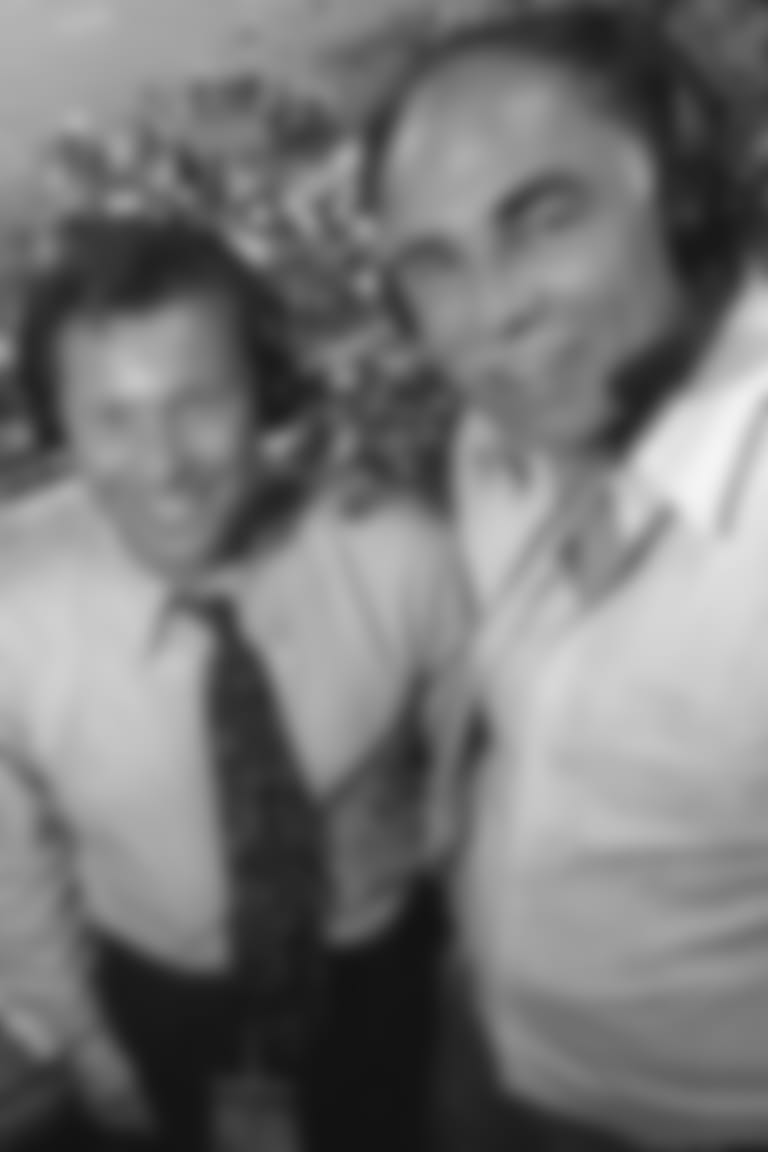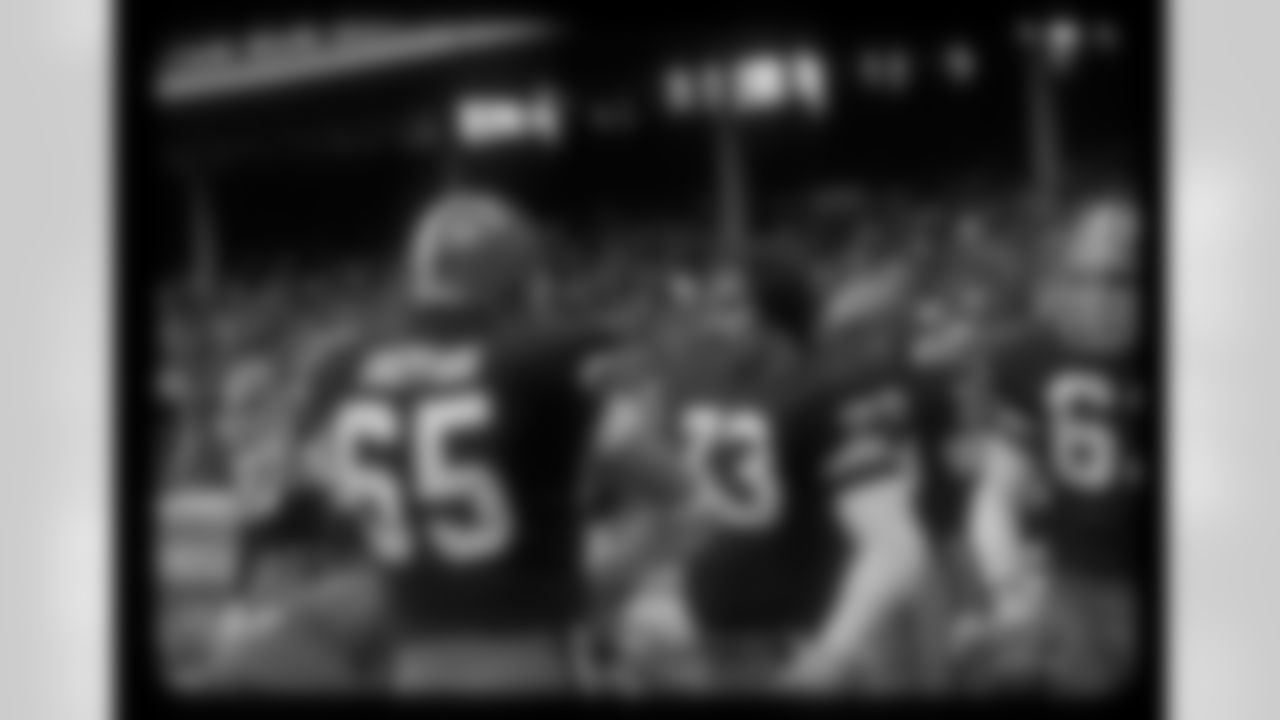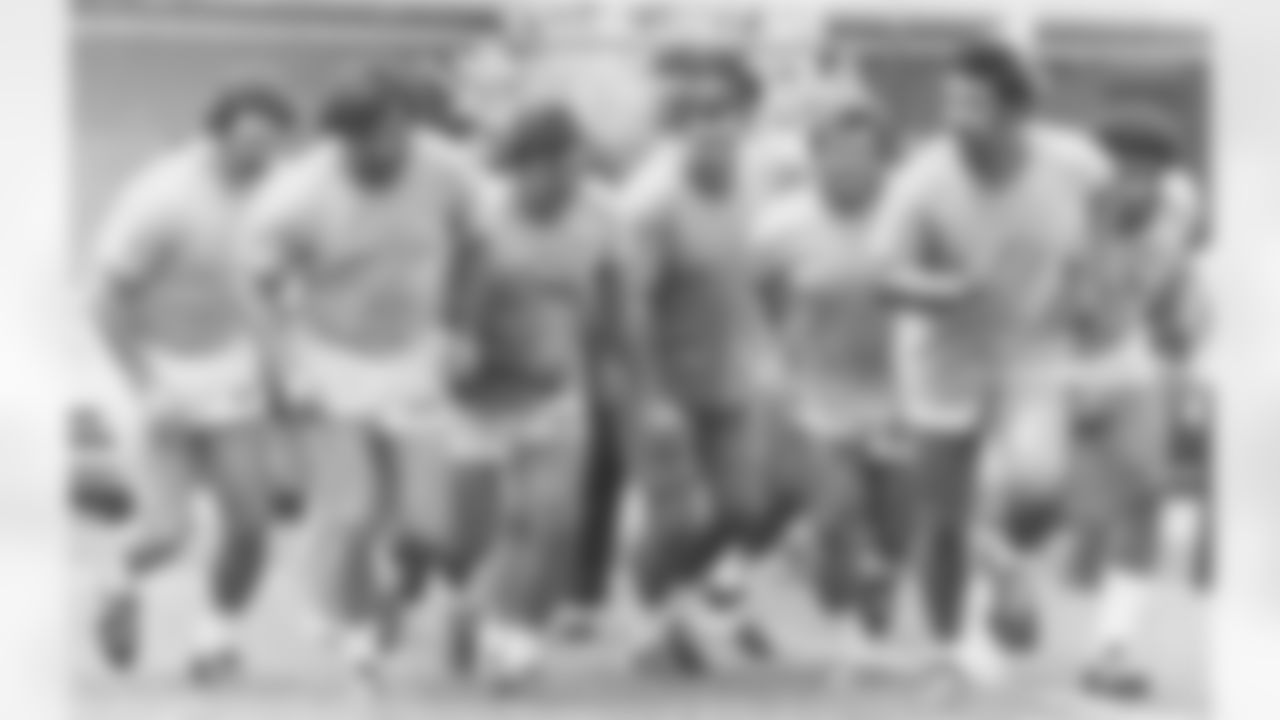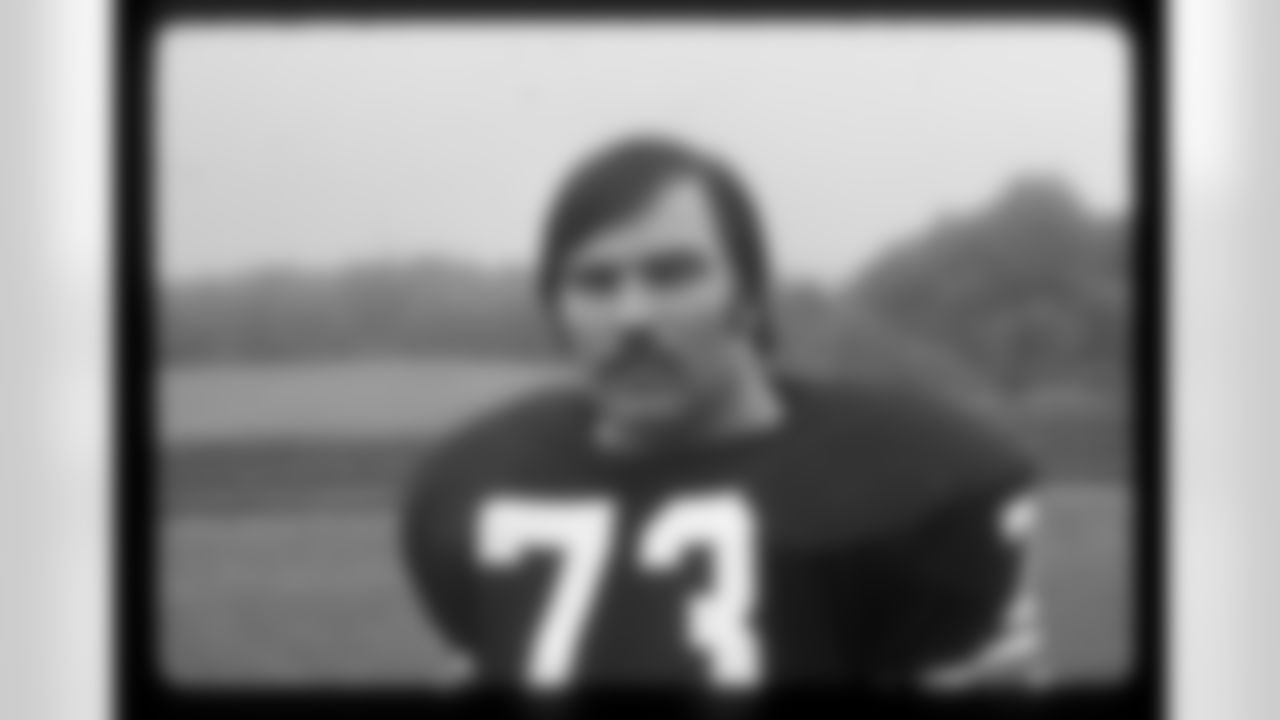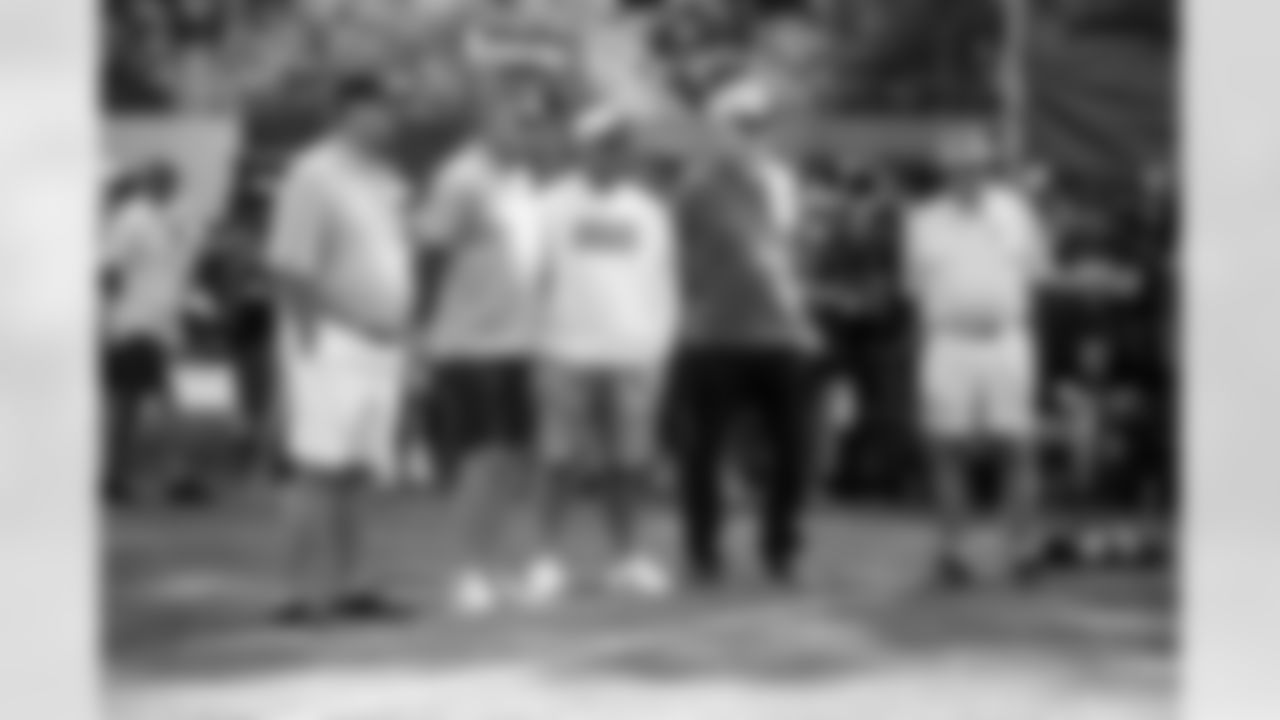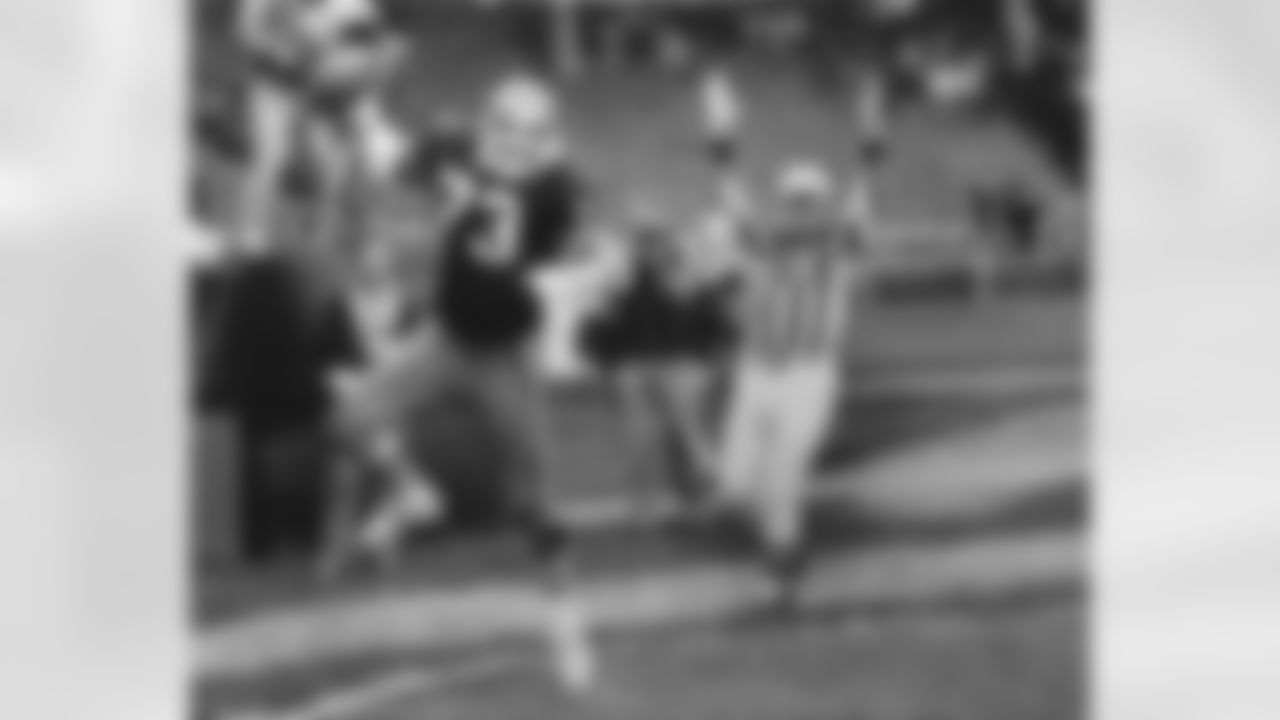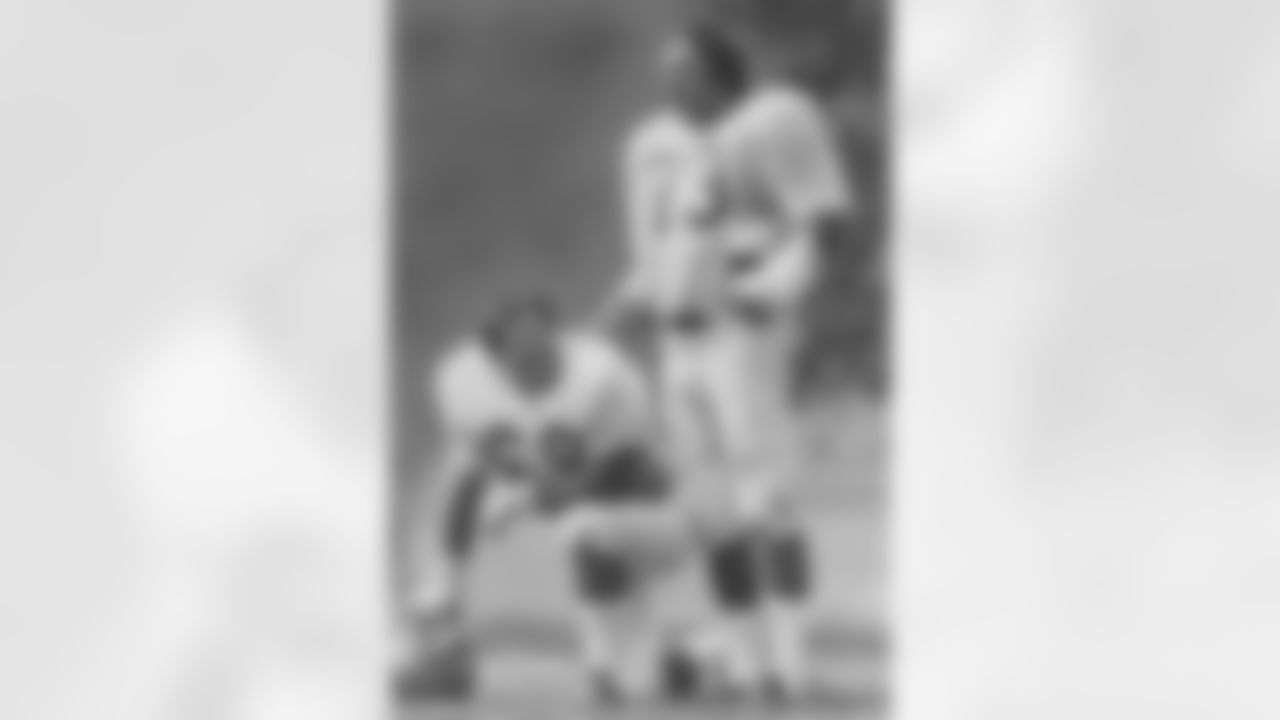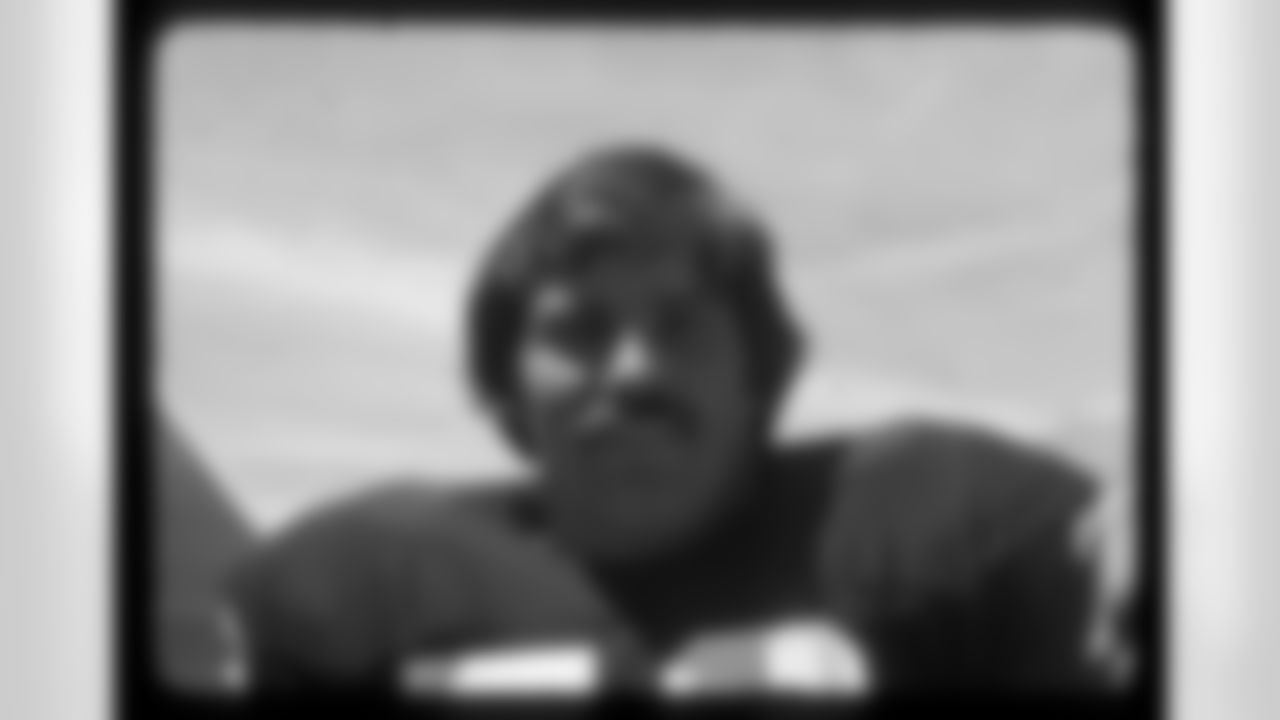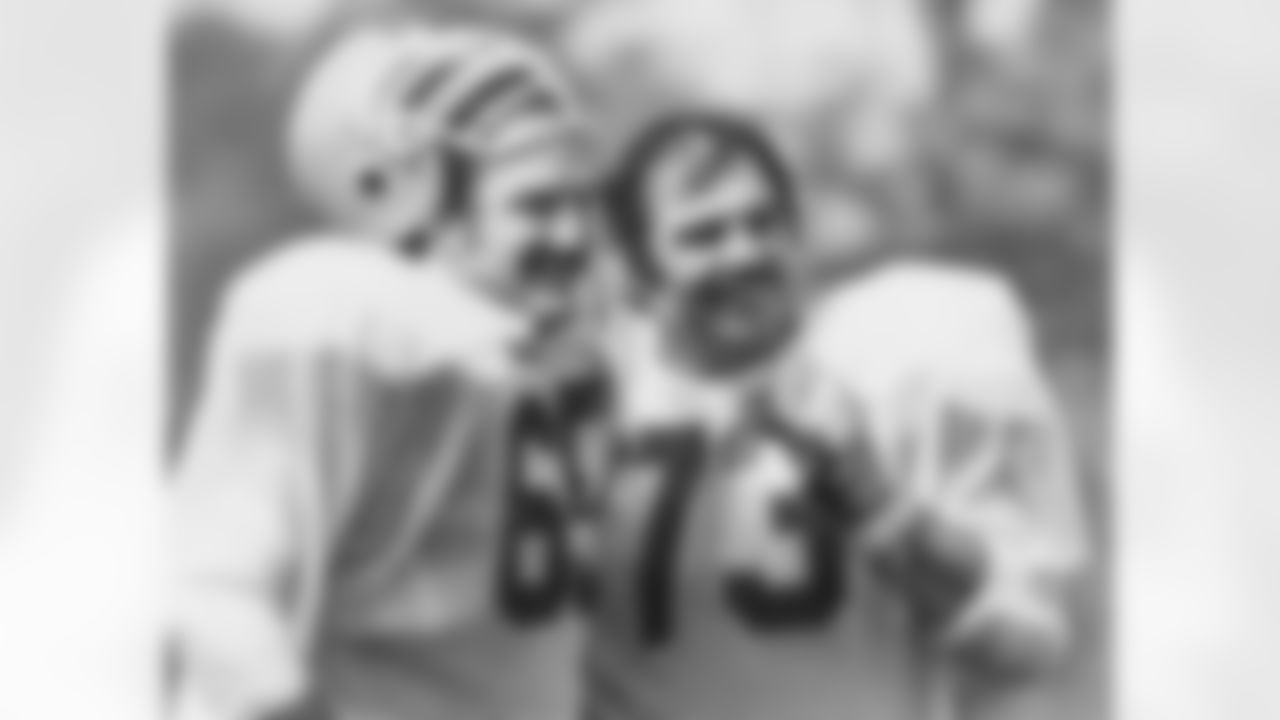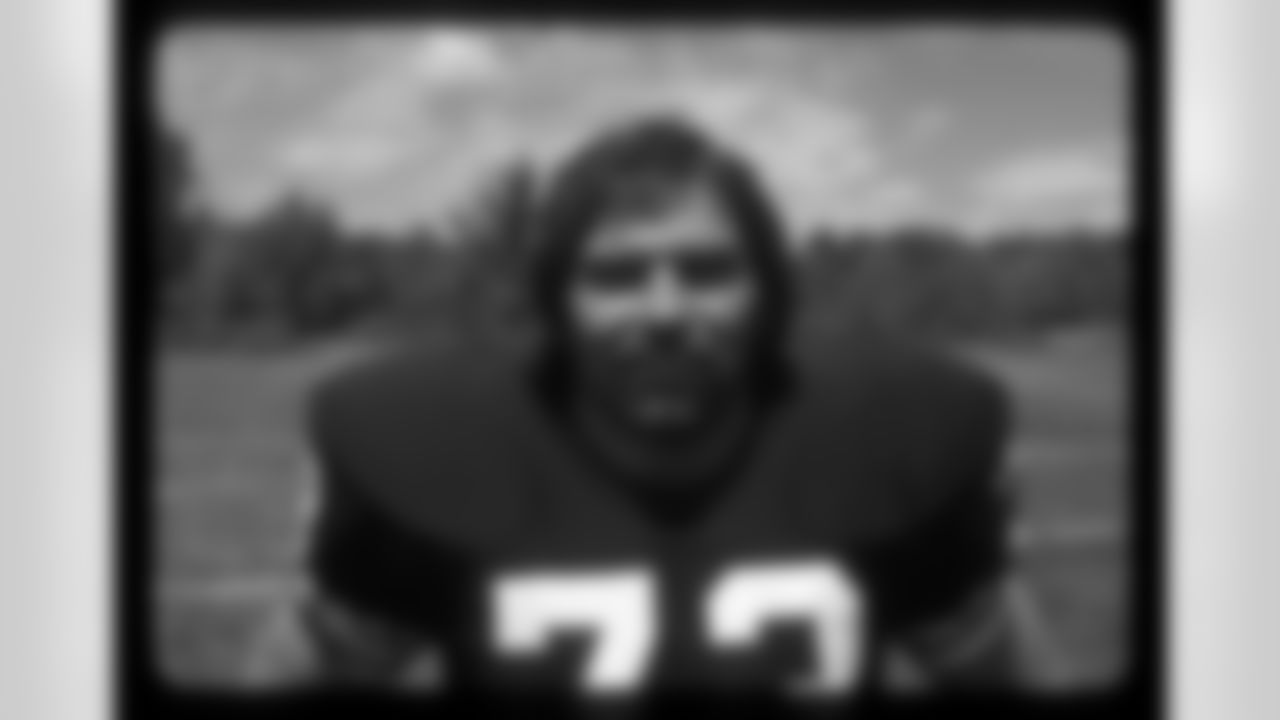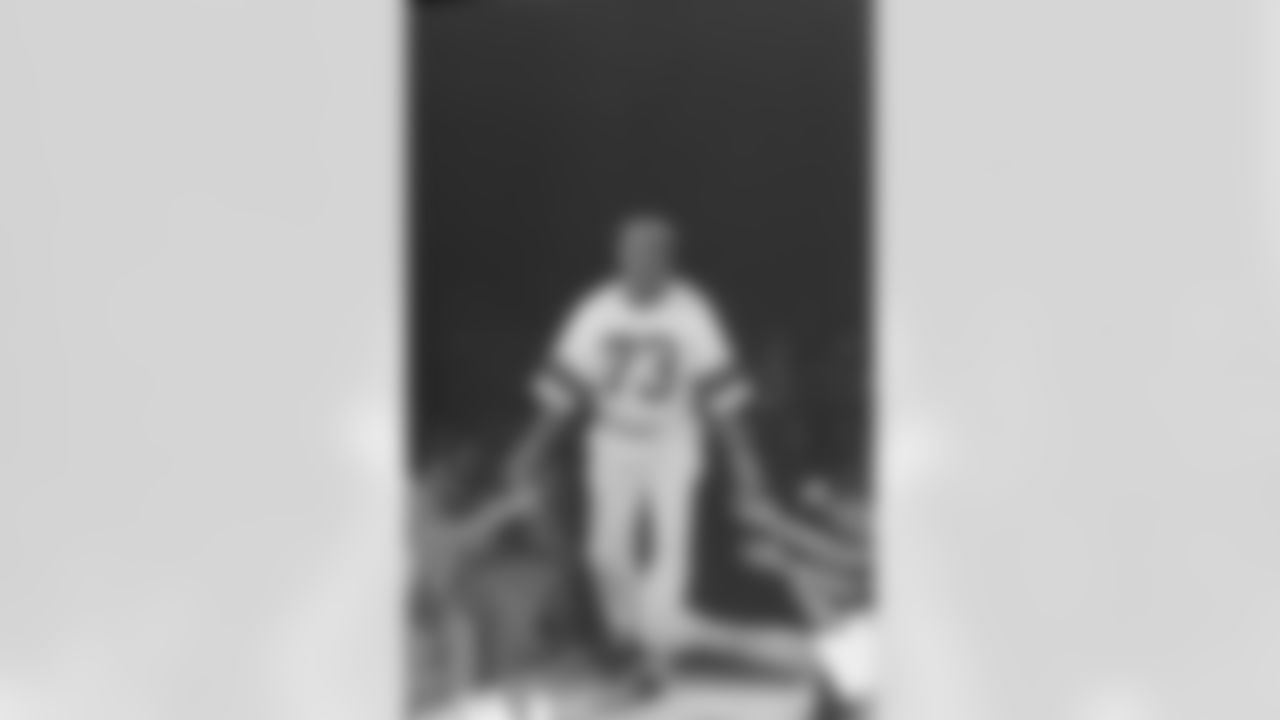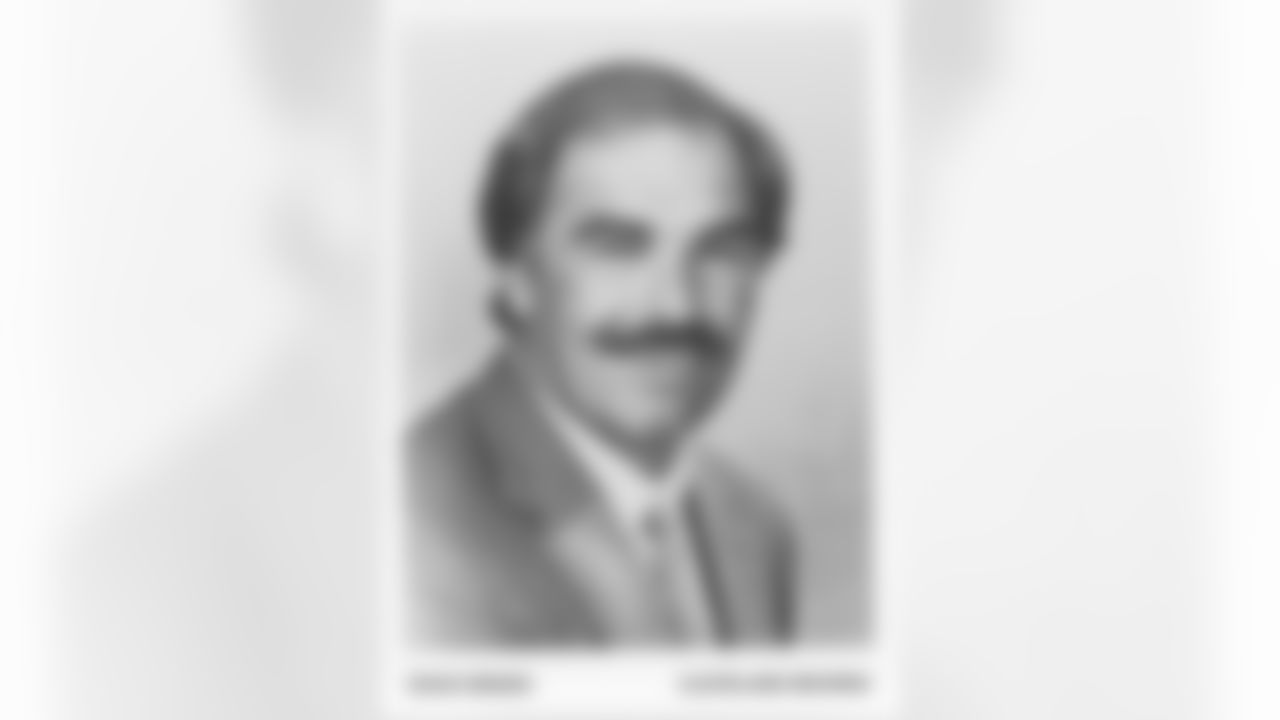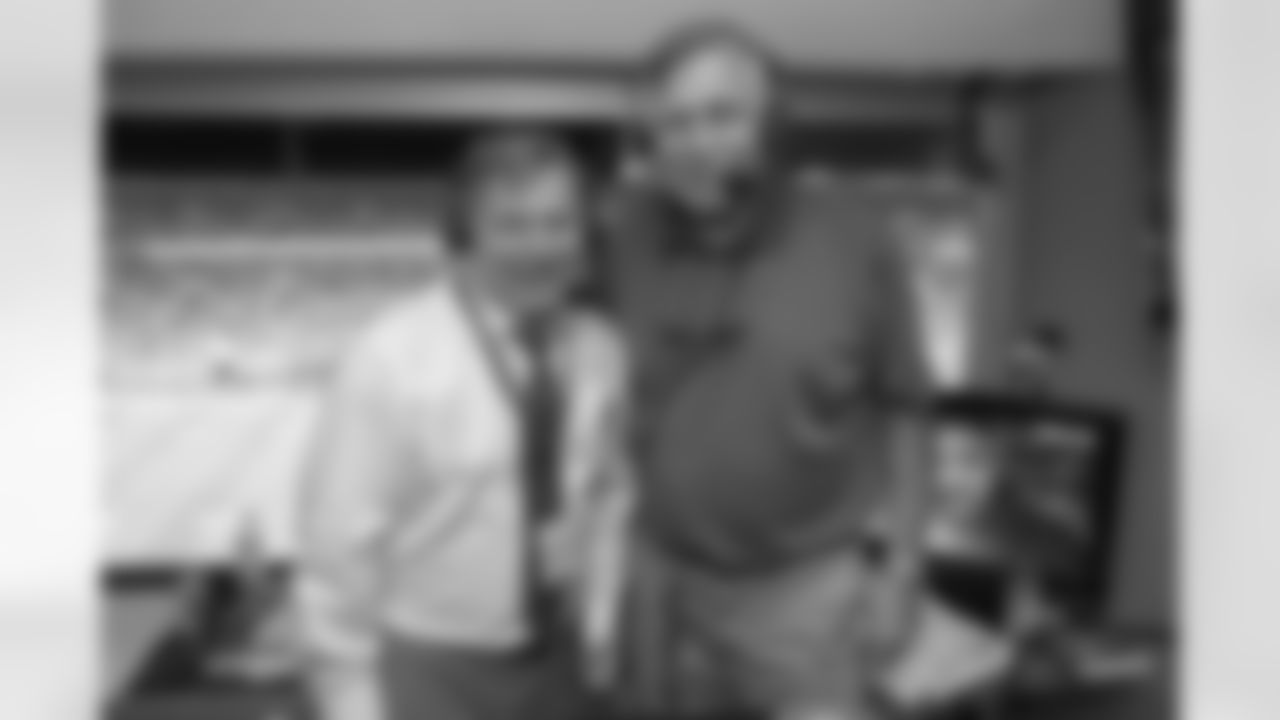Dieken, who calls his final game Sunday, leaves an unmatched legacy as an exemplary ambassador for the Browns organization
When opportunity knocked in 1971, Doug Dieken answered the call.
Then, when it resurfaced in a brand new way 14 years later, he did the same.
The rest is, well, 50 years of Browns' history.
The first came in 1971, when Dieken received a call from Browns coach Nick Skorich to let him know he'd be Cleveland's sixth-round pick in the NFL Draft. In the brief phone conversation, Skorich let Dieken, a tight end from the University of Illinois, know he'd be getting his shot with the Browns as an offensive tackle. Dieken asked if there was still a chance he could play tight end, and Skorich gave him a "we'll see."
When Dieken reported for his first minicamp, he was assigned No. 73.
"I knew that was kind of the end of it," Dieken said.
But it was only the beginning for a playing career that is matched by few others in franchise history. Dieken took over at left tackle for seven-time Pro Bowler Dick Schafrath midway through his rookie season and never missed another start until he called it a career after 14 seasons.
Just months after Dieken announced his retirement, another opportunity came calling when the Browns had an opening to fill on their radio broadcast team for the 1985 season. And though Dieken had no experience behind the mic, he was open to a new adventure when those around him encouraged to pursue it.
A lot of sports is about talent. Another thing is it’s about timing. Doug Dieken
"A lot of sports is about talent," Dieken said. "Another thing is it's about timing."
It's that mix of talent — as a player and broadcaster — and timing — both in terms of the opportunities he capitalized upon and his uncanny ability to provide concise analysis alongside whoever was next to him in the radio booth — that paved the way for 50 unforgettable years with the Cleveland Browns. He'll call his final game Sunday when the Browns close the season against the Bengals at FirstEnergy Stadium, putting an end to an unimaginable and unforgettable half-century as a pillar of the Browns organization.
"This guy has been through countless honors, two stadiums, I don't know how many coaches — and you don't even want to think about how many quarterbacks," said Terry Pluto, a sports columnist at The Plain Dealer who has written numerous books about the Browns.
"It's kind of like empires have risen and fallen, plants have come and gone, and Doug is still there."



